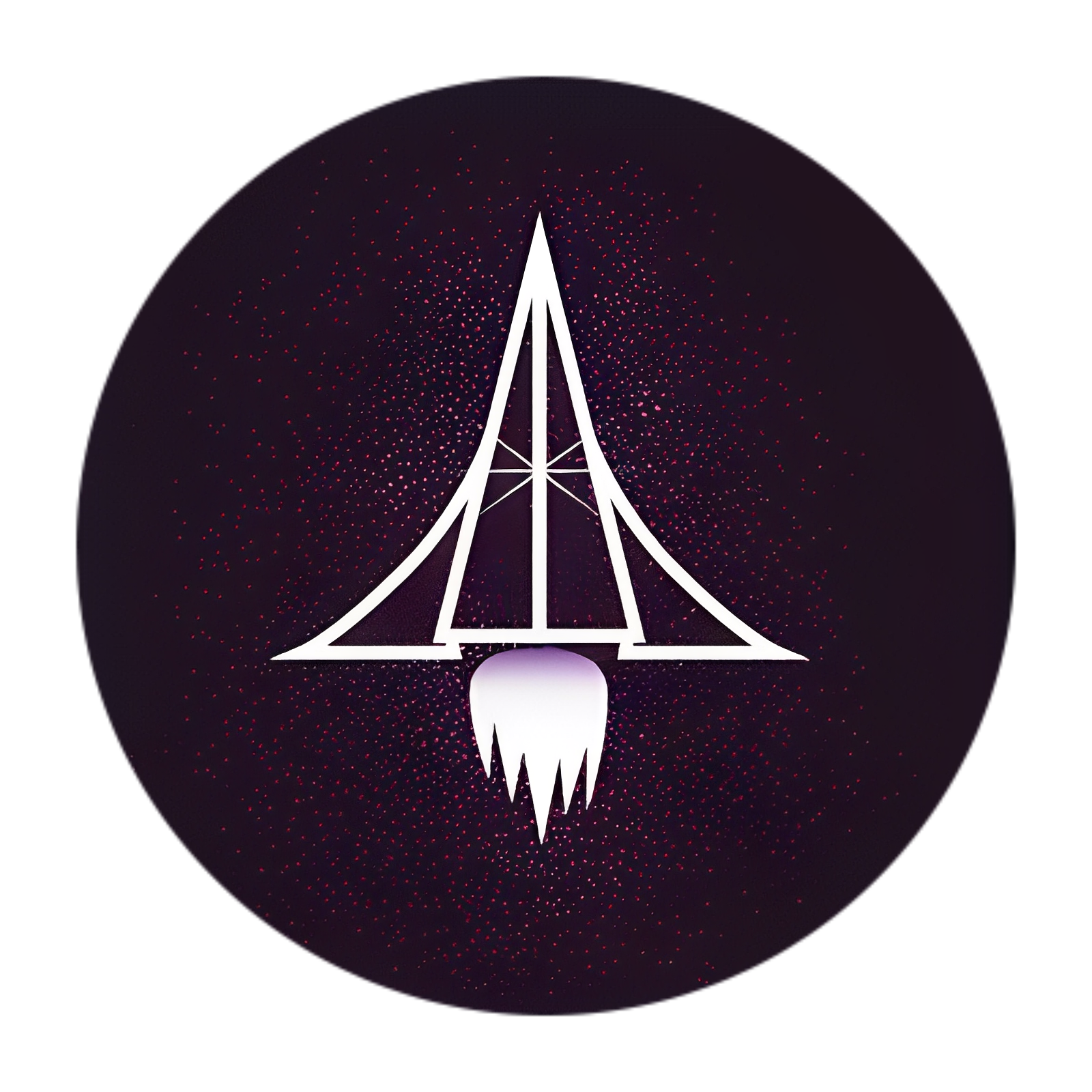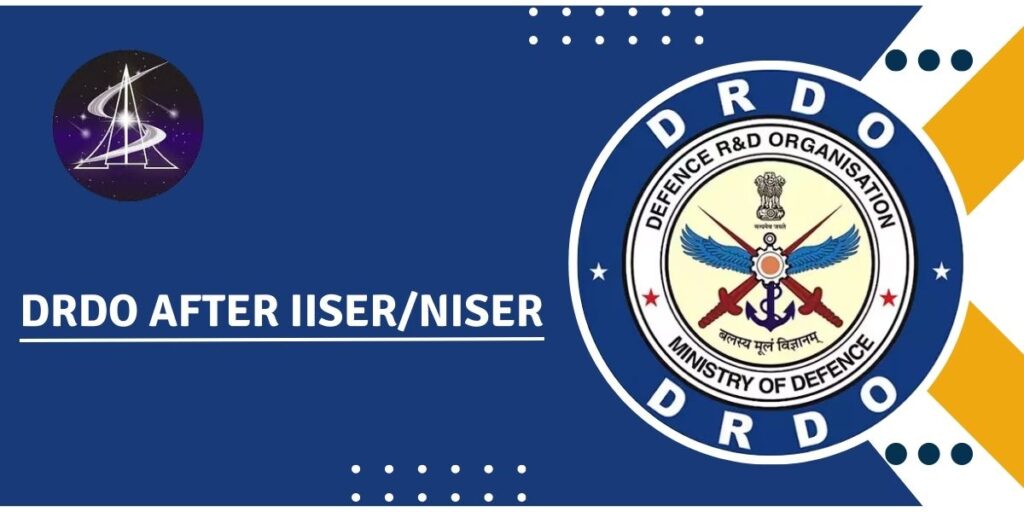The Defense Research and Development Organization, a.k.a. DRDO, is one of the most critical organisations in the Indian government. This department aims to develop world-class technologies to strengthen the defence of our nation. DRDO is responsible for the research, design, development, and production of weapons, missiles, radar, electronic warfare, communication, and other defence-related technologies. With more than 50 laboratories across India, DRDO has a network of facilities, each specialising in a different defence research and development area. The organisation is also involved in promoting the transfer of technology and building defence capabilities.
Though DRDO doesn’t conduct campus placements as in IITs and NITs, it prefers highly educated and skilled scholars to apply to their laboratories. Most of the research focuses on developing technology and services for different fields, like aeronautics, land combat engineering, life sciences, missiles and naval systems, armaments, and materials, rather than doing research like IISERs or NISER. This blog will discuss the following topics:
- What are recruitment processes?
- What is eligibility?
- What exams are important?
- What is the salary of employees?
- What kind of diversity does DRDO feature?
Recruitments
Every year, the number of vacancies for DRDO jobs varies and depends on the organisation’s needs. In recent years, DRDO has advertised around 500-1000 vacancies per year for various positions. DRDO recruitment is usually done through an online application process. Interested candidates can visit the official website of DRDO or the website of its recruitment agency, Defence Research and Development Organisation Recruitment and Assessment Centre (DRDO RAC), to apply for job openings. It’s better to keep an eye out for job openings in your field of interest.
For most DRDO jobs, the hiring process starts with a written test and ends with an interview. And at least a bachelor’s degree in engineering or science from a well-known university is needed. However, for some positions, a GATE score may also be required.
Eligibility
- To get any job in the DRDO, you must be an Indian citizen. Since DRDO is an organisation dealing with sensitive information related to the nation’s defence, you must obtain a security clearance.
- You must undergo a strict screening process to get a security clearance for the DRDO. The method includes background checks, criminal record verification, financial status checks, and interviews with the individual and their references.
- DRDO recruits candidates through the Centre for Personnel Talent Management (CEPTAM), the entrance test for candidates wishing to join DRDO.
- There are numerous divisions within DRDO, including the Defence Institute of Bioenergy Research and other divisions that offer Junior Research Fellowships (JRF) to undergraduates and Senior Research Fellowships (SRF) to many MSc/MTech students, among other research fellows. Students in the top 6% of the National Eligibility Test (NET) applicants are also welcome, but DRDO does not rely only on the NET exam for hiring.
Exams
The DRDO exam, which is called the Scientist Entry Test (SET), emerges once every year. The duration of the paper is 3 hours. The exam does have an age limit, which ranges between 18-27 years of age (excluding categorical relaxations), depending on the post the candidate is applying for.
The exam is worth 500 marks. The syllabus mainly comprises chemistry, electrical, electronics and computer science, and mechanical and instrumentation engineering.
DRDO also considers the scores of the Graduate Aptitude Test in Engineering (GATE) to recruit candidates. However, the weight given to the GATE score may vary depending on the specific position and the recruitment process.
Note: It is always advisable to refer to the official recruitment notifications issued by the DRDO for a particular vacancy.
Salary
The salary for DRDO jobs varies depending on the position and level of experience. The starting salary for entry-level positions is around Rs.50,000–60,000 per month, while senior-level positions can earn Rs.1-2 lakhs monthly or more. Besides the salaries, DRDO employees receive other services like paid holidays, health and medical benefits, transport allowance, education and training, house benefits, etc.
Diversity
DRDO has been actively working towards increasing gender diversity in its workforce. In recent years, the DRDO has advertised for a number of positions that are exclusively reserved for female candidates. DRDO has also been recruiting candidates from various age groups. The organisation has announced positions open to candidates as young as 18 and as old as 50. A diverse workforce promotes creativity and innovation, as individuals from different backgrounds are likely to approach problems differently. This leads to the development of new and more effective military technologies. This also improves communication with the customers.
Important Tips:
DRDO works with several national and international partners to research, design, develop, and test systems. DRDO also works closely with the Indian industry to ensure the development and manufacture of high-quality defence equipment and systems that are both cost-effective and technologically advanced. Basic science graduates can work in areas such as materials science, which involves the development of advanced materials for use in military technology, and aerospace engineering, which involves designing and developing aircraft and spacecraft.
As an IISER/NISER graduate, your physics, chemistry, or biology background will help you work on material science, electronics, and life sciences projects. DRDO requires people with a strong background in mathematics to work on projects related to data analysis, modelling, and simulation. If you have a strong aptitude for maths, it can help work on defence-related technologies. DRDO is constantly working on developing new and advanced technologies. If you are passionate about innovation and problem-solving, you can contribute to developing new technologies and solutions.
Certain positions in the DRDO require specific physical standards that applicants must meet. Hence it is essential to maintain fitness along with skills and aptitude. You should look over the DRDO website carefully and get ready for the needs of your field of interest.
Some of the skills that you can develop are:
- Technical Skills: Try learning various computing languages, graphic designing and simulation software to develop the ability to use any software.
- Analytical Skills: Paying attention to detail and being observant is a great way to improve your analytical skills because it allows you to process how things work and interact. Try going for a walk and observing the birds and how they interact.
- Communication/Presentation Skills: Improve your ability to write reports, create presentations, and collaborate effectively with colleagues. You get a lot of opportunities to improve these skills at IISERs and NISER.
- Adaptability: Working in a research and development environment requires a degree of adaptability. You might need to handle several projects at once, adjust to shifting priorities, and be open to picking up new abilities and technologies. Being adaptable and open to new challenges is essential for success in this field.
Conclusion
If you have a keen interest in defence and security-related matters, DRDO is an excellent place for you to work. DRDO requires people with a solid technical and scientific background, a passion for innovation and problem-solving, and an interest in defence and security-related matters. If you want to know how to get into ISRO after IISER or NISER, check out our other blogs.
About us
At SciAstra, we guide students who want to become scientists and pursue research by helping them secure admissions in the top colleges for the same like IISER, NISER, CEBS, ICAR, CMI, etc.
Our mentors are from the top research institutes like IISER, NISER, IACS, CMI, ISI, IISC Bangalore, and so on. If you are looking to prepare for IAT / NEST 2023, you can check out our courses and get access to live classes, recorded lectures, study material, mock tests, doubt-clearing classes, and much more!
To know more about us, click here OR download the SciAstra App from Play Store!





